Archive of capsule reviews for thrillers previously on NEON
Archive of capsule reviews of thriller movies
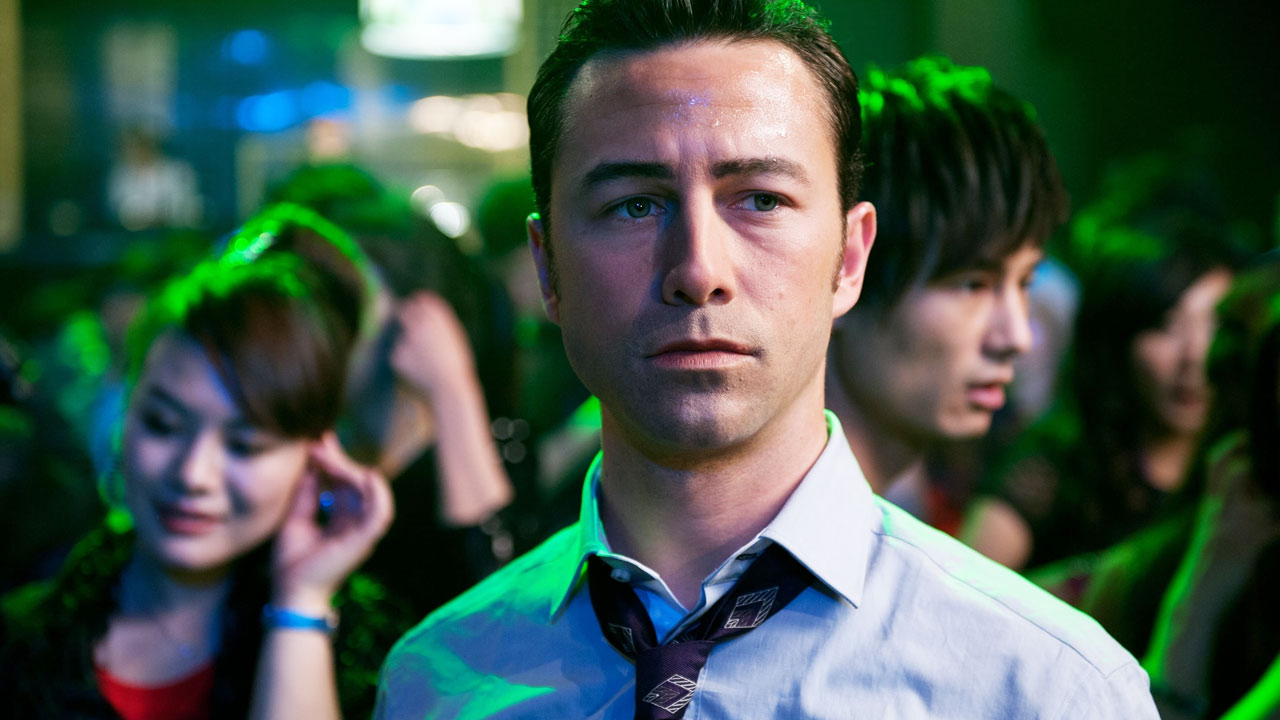
Below is an archive of capsule reviews of thriler movies, previously published on our NEON guide pages, written by Tony Stamp.
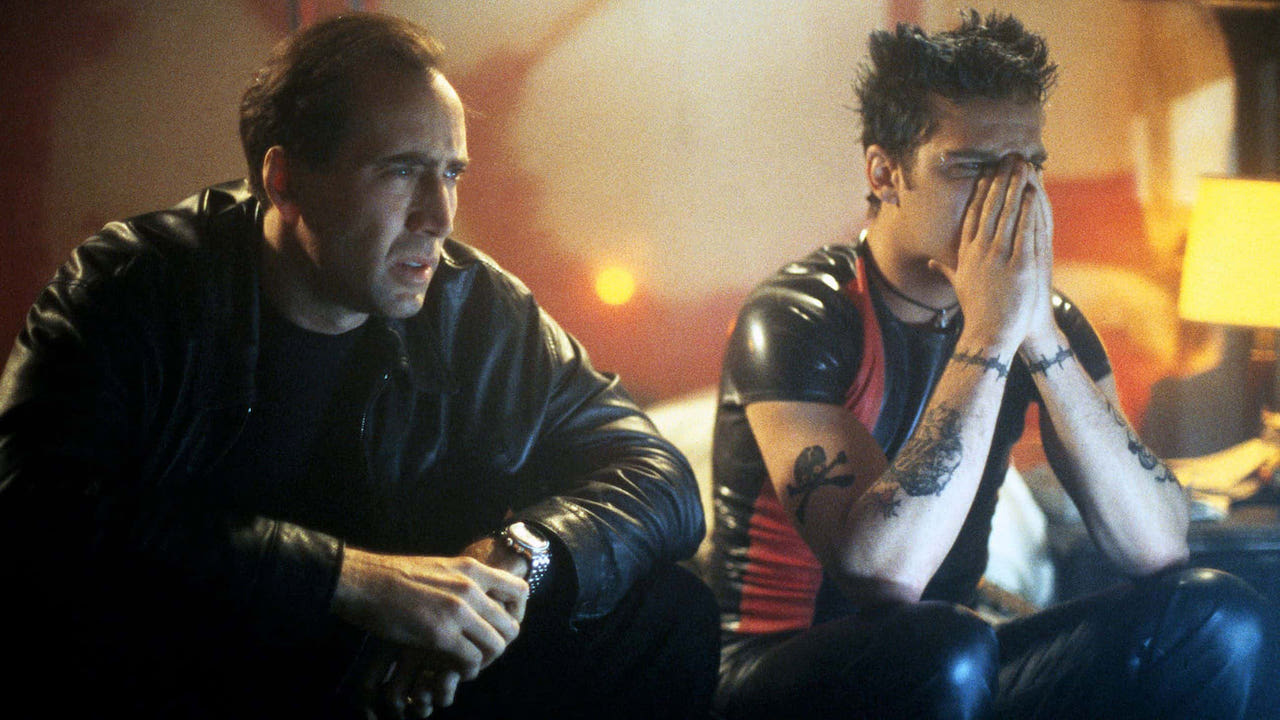
8MM (1999)
This one gets pretty nasty, as Nic Cage investigates the grotty world of snuff movies, coming up against a sprightly Joaquin Phoenix, as well as James Gandolfini and Peter Stomare along the way. The script by Andrew Kevin Walker (Se7en) is a reasonably straight ahead procedural, albeit one that gets pretty bleak by the end—as does an increasingly disturbed Cage.
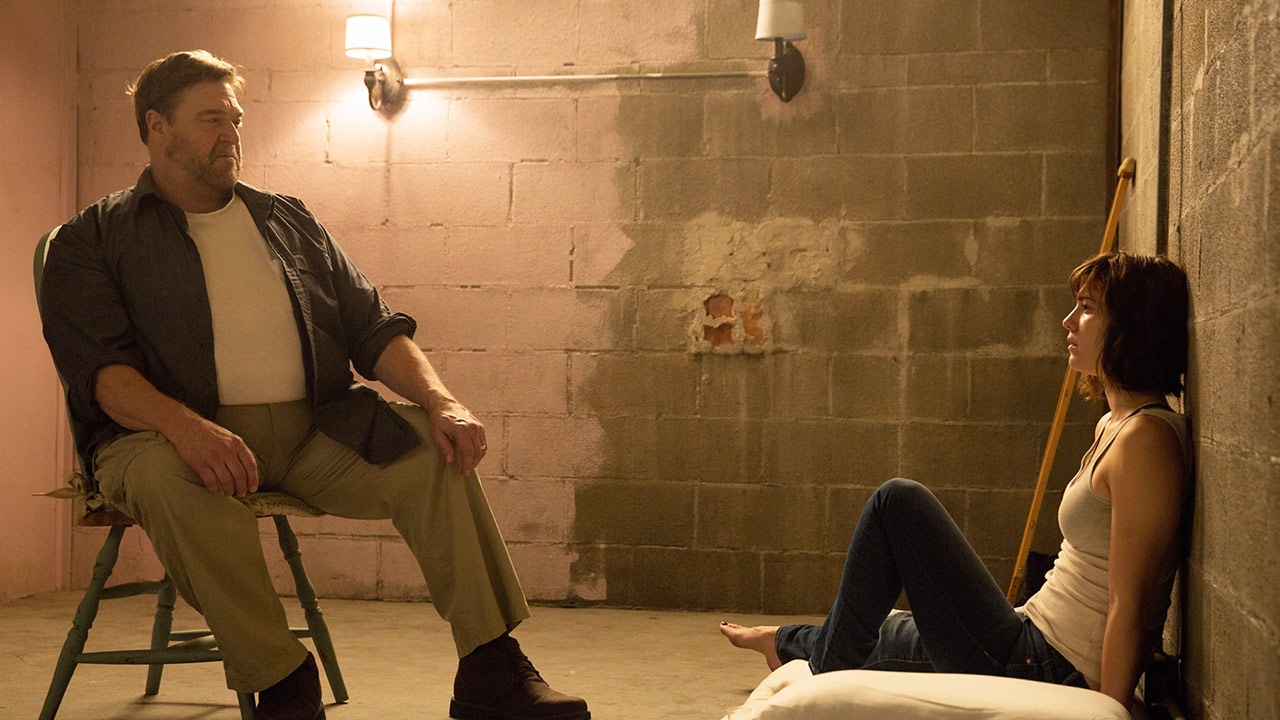
10 Cloverfield Lane (2016)
A triple-hander starring Mary Elizabeth Winstead, John Goodman, and John Gallagher Jr., in which the former awakes in a bunker and is told that America has been attacked, and they need to stay put. Much of the film’s tension comes from Winstead trying to figure out if this is true, or if Goodman has other motivations keeping her and Gallagher Jr. as willing guests, the movie wringing this premise for all it’s worth till its last moments.
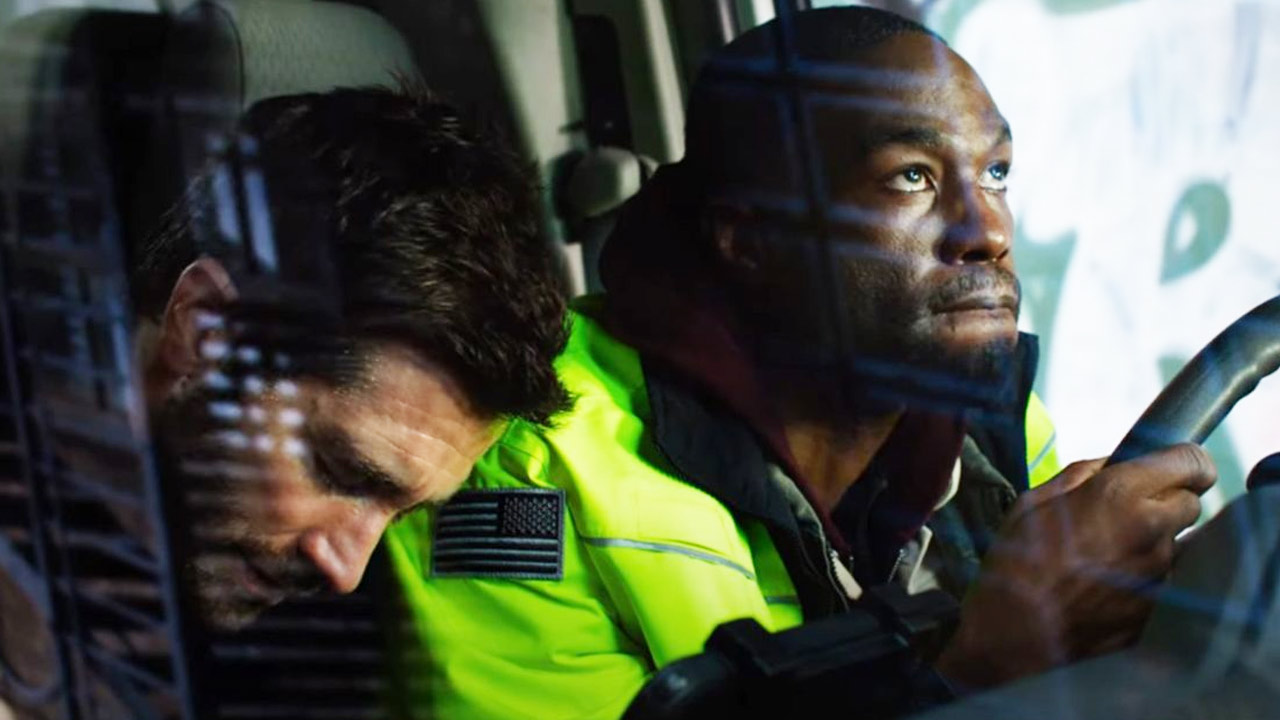
Ambulance (2022)
The main thing to know about Ambulance is that gonzo maverick Michael Bay discovered drone technology and proceeded to go wild, plunging his camera off tall buildings and under moving vehicles in ways that don’t add much to the story—but do result in images you haven’t seen before. A hit or miss filmmaker to be sure, but this is a relentlessly entertaining and eye-popping film.
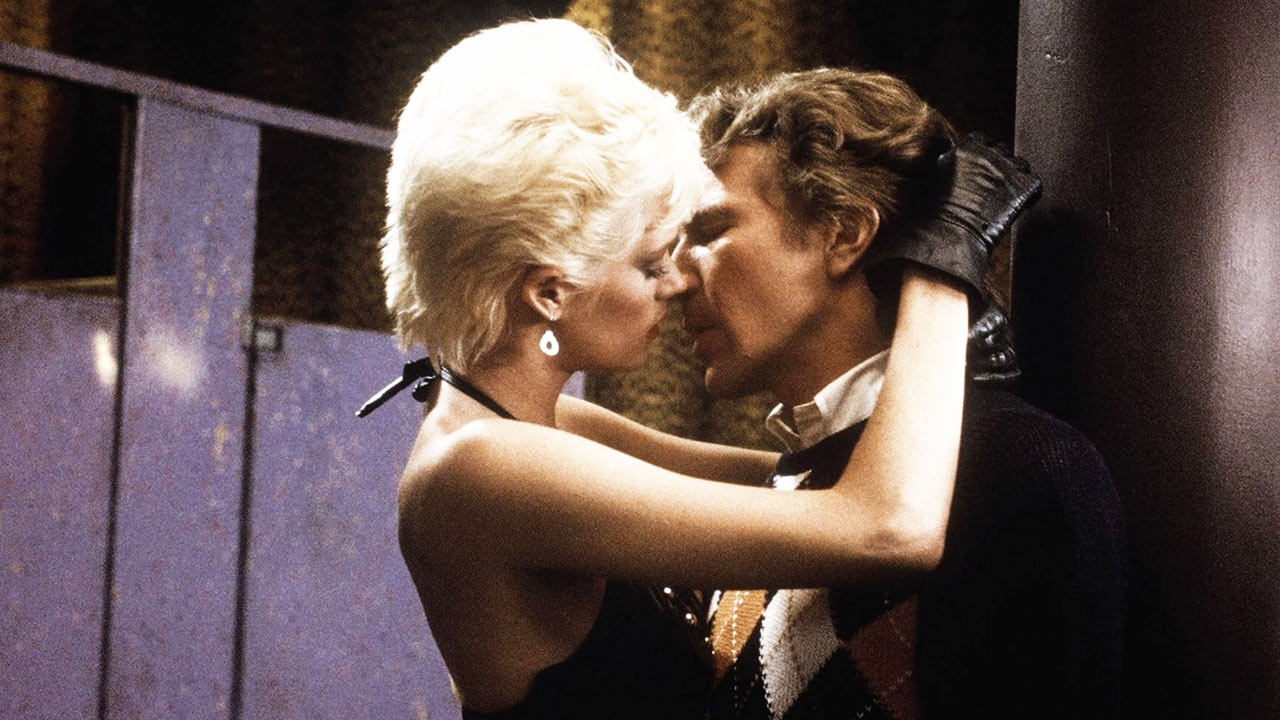
Body Double (1984)
Brian De Palma took plotlines from some of Hitchcock’s best and dialled up the voyeurism, delivering one of the 1980s silliest, most self-reflexive erotic thrillers. Gleefully over the top, it sees Craig Wasson hopelessly outmatched against the sinister forces he stumbles across, going so far in his pursuit of the mysterious Holly Body, (Melanie Griffith), that he manages to get cast opposite her in a remarkably elaborate porn film. De Palma’s knack for this type of lunacy has yet to be matched.
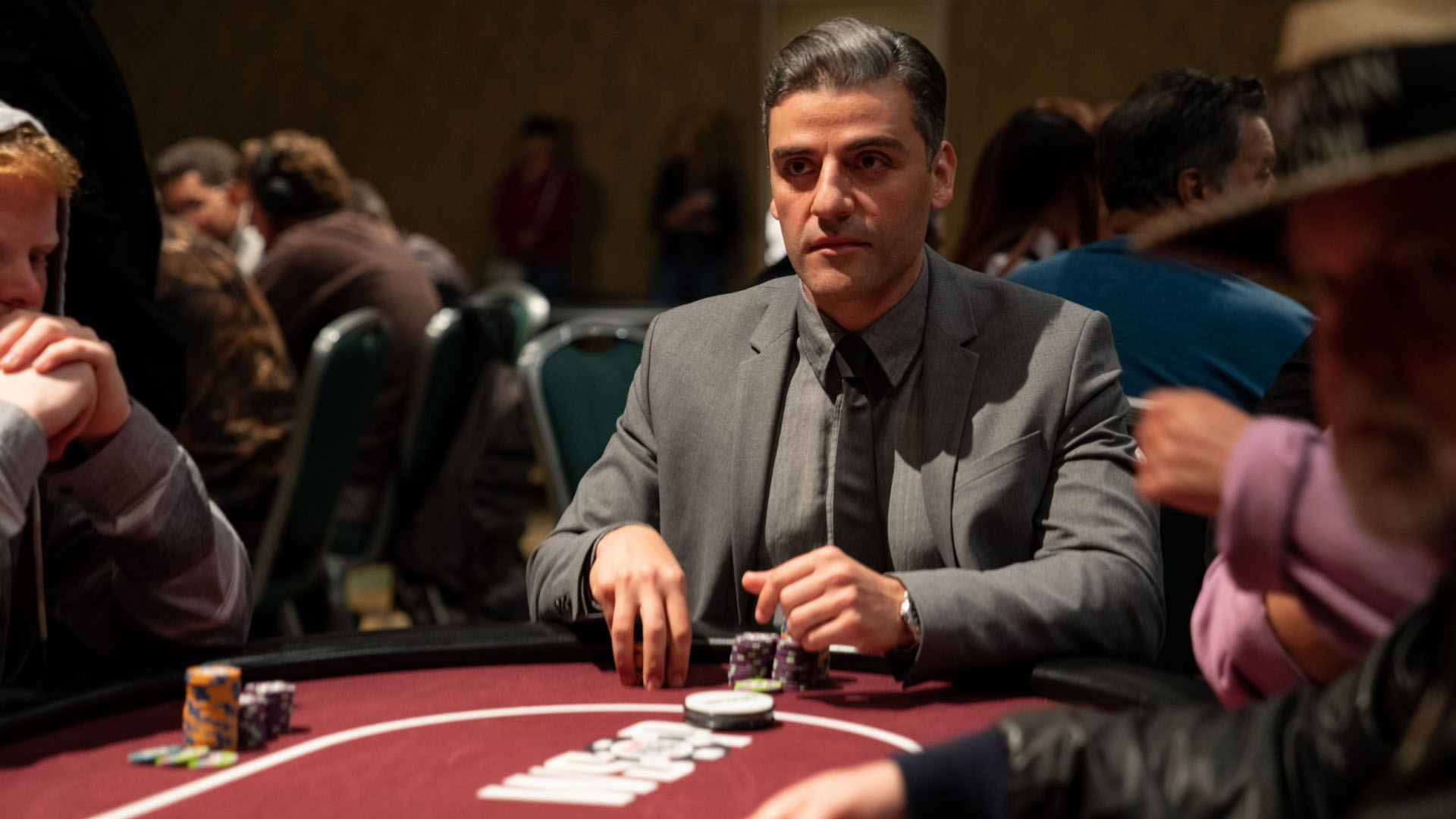
The Card Counter (2021)
It’s no secret that Paul Schrader specialises in films about tortured loners. As a writer there’s Taxi Driver, Rolling Thunder, Obsession and more. As director it’s a theme he’s returned to in recent years, with First Reformed and The Card Counter. Featuring fantastic performances from Oscar Isaac, Tiffany Haddish and Tye Sheridan, it’s a tough movie that’s plainly furious at the US government, though it does manage to find some light at the end of the tunnel.
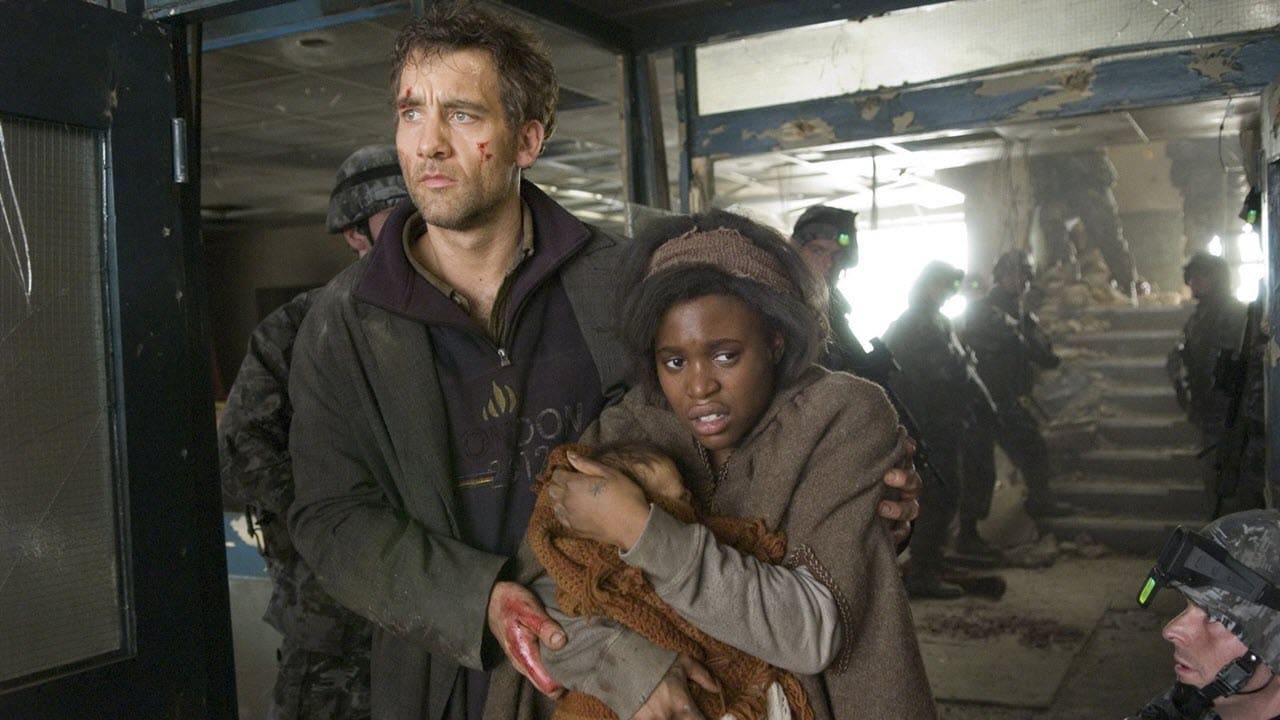
Children of Men (2006)
WATCH ON NEONAlfonso Cuaron’s sci-fi masterpiece has seemed less and less far-fetched since it was released in 2006, presenting a gloomy portrait of a potential future that thankfully manages to squeeze in a drop of optimism. Come for the weighty philosophical ponderings and fine performances from Clive Owen and Julianne Moore; stay for the immersive, nerve-wracking long-take action scenes.
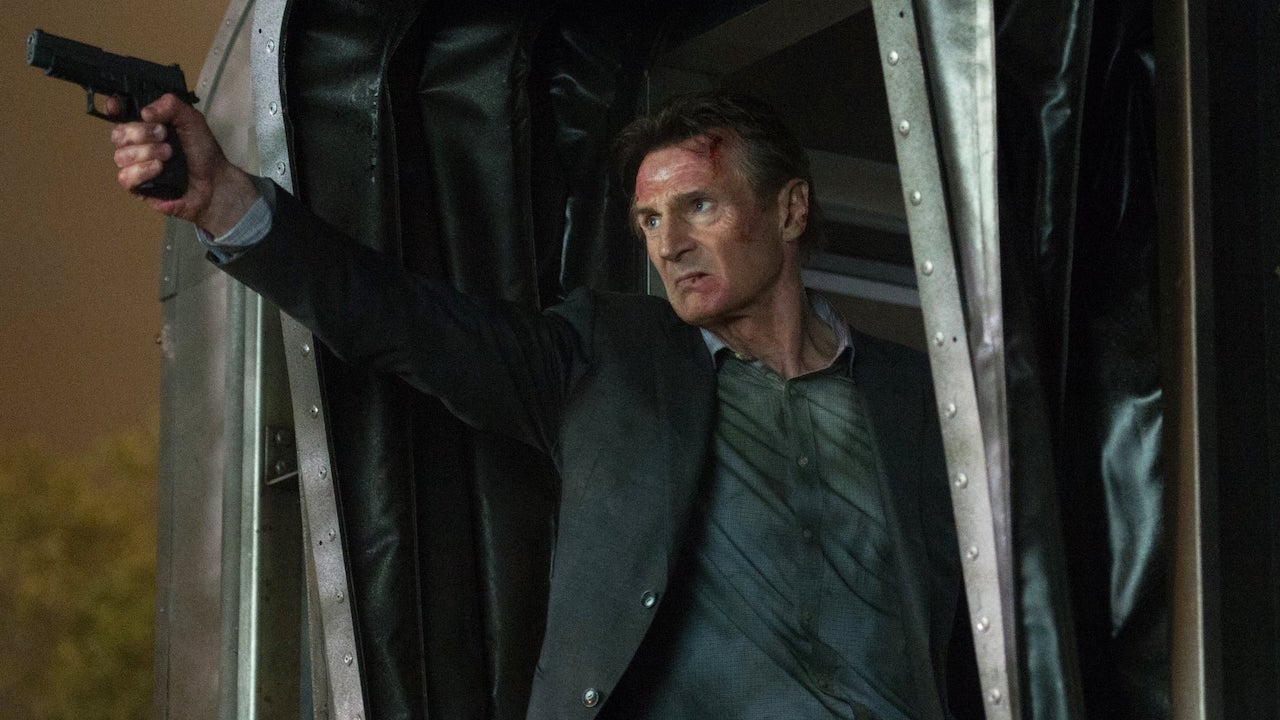
The Commuter (2017)
In the early 2010s the term “vulgar auteurism” was thrown around a lot to describe directors who made…well, trash, but did it with impressive formal chops. It was frequently affixed to Jaume Collet-Serra, particularly in conjunction with his films Orphan and Non-Stop, two great examples of boneheaded brilliance (the less said about his latest, Black Adam, the better). In 2017 he re-teamed with Liam Neeson for this train-bound brawler—undoubtedly nonsense, but damn entertaining.
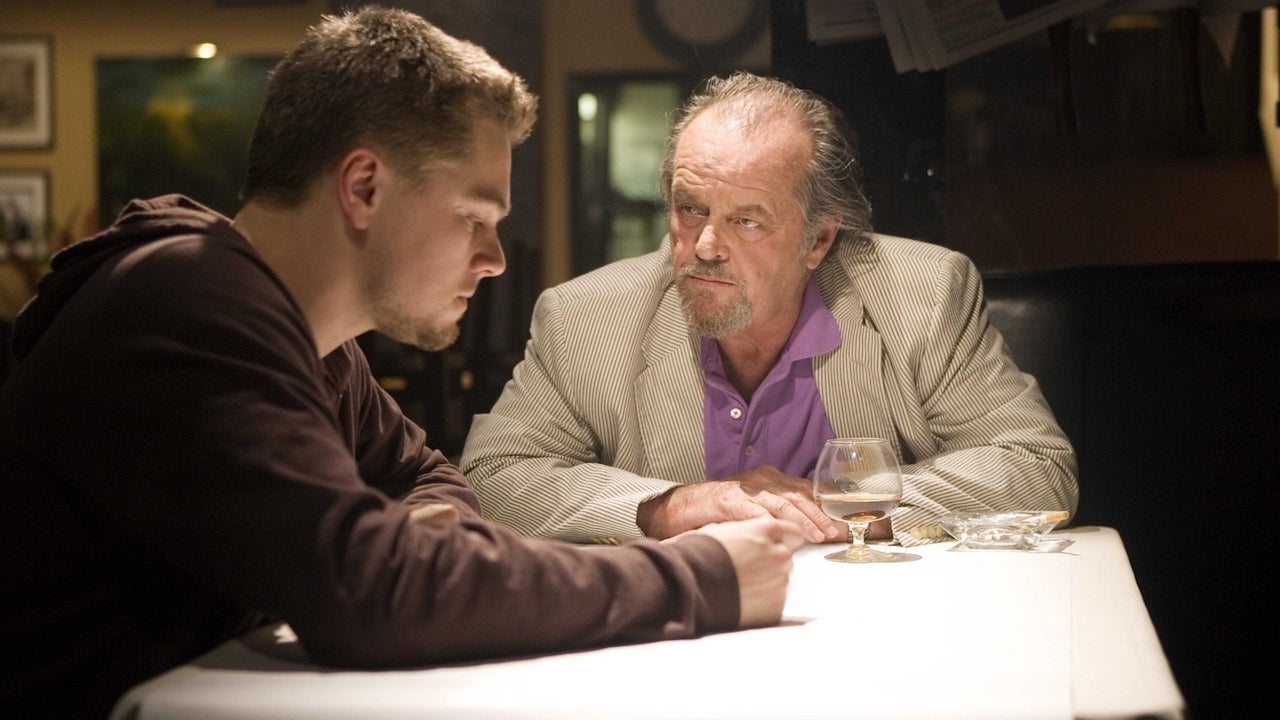
The Departed (2006)
Scorsese transplants the Hong Kong film Infernal Affairs to Boston and crafts a gangster epic. Leonardo DiCaprio and Matt Damon orbit Jack Nicholson’s delightfully unhinged mob boss, letting the legendary actor off the leash and demolish the scenery in the process. Cracking dialogue (much of it delivered by supporting players Alec Baldwin and Mark Wahlberg) and snappy pacing also make this a hoot. Oh, and it finally snagged Marty a Best Picture and Best Director Oscar.
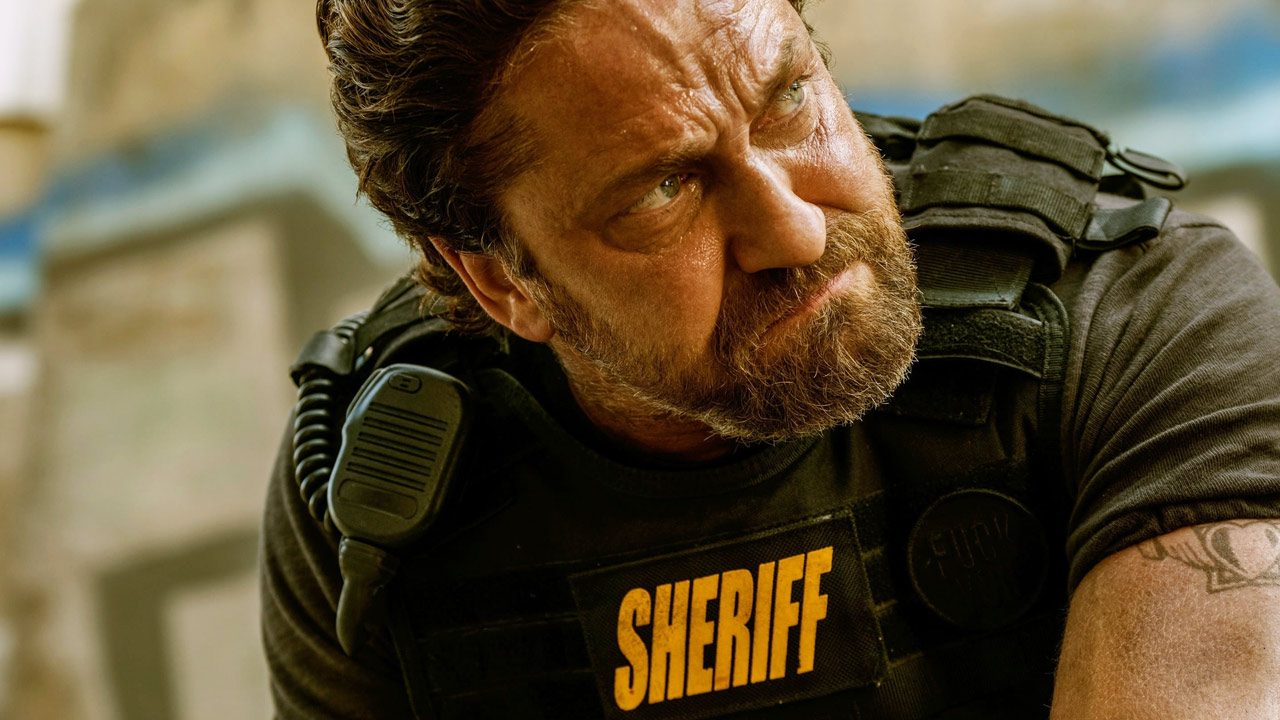
Den of Thieves (2018)
Gerard Butler has never been greasier than this 2018 heist saga, playing a particularly scuzzy detective in pursuit of a crew of LA bank robbers. Often referred to as a kind of junk food version of Michael Mann’s Heat, it features 50 Cent and O’Shea Jackson in supporting roles, but the film is at its best when Butler is on screen, radiating machismo and toeing the line between loathsome and watchable.

Everest (2015)
It’s a slightly odd duck, this movie—presenting a real-life disaster that resulted in eight deaths in IMAX 3D was certainly a choice; likewise for stuffing your ensemble cast so much that Jake Gyllenhaal seems a bit of an afterthought. Director Baltasar Kormákur does treat events with the degree of accuracy you might hope for, though, as well as a huge amount of empathy for all involved. And despite knowing how it turned out, Everest is always exciting.
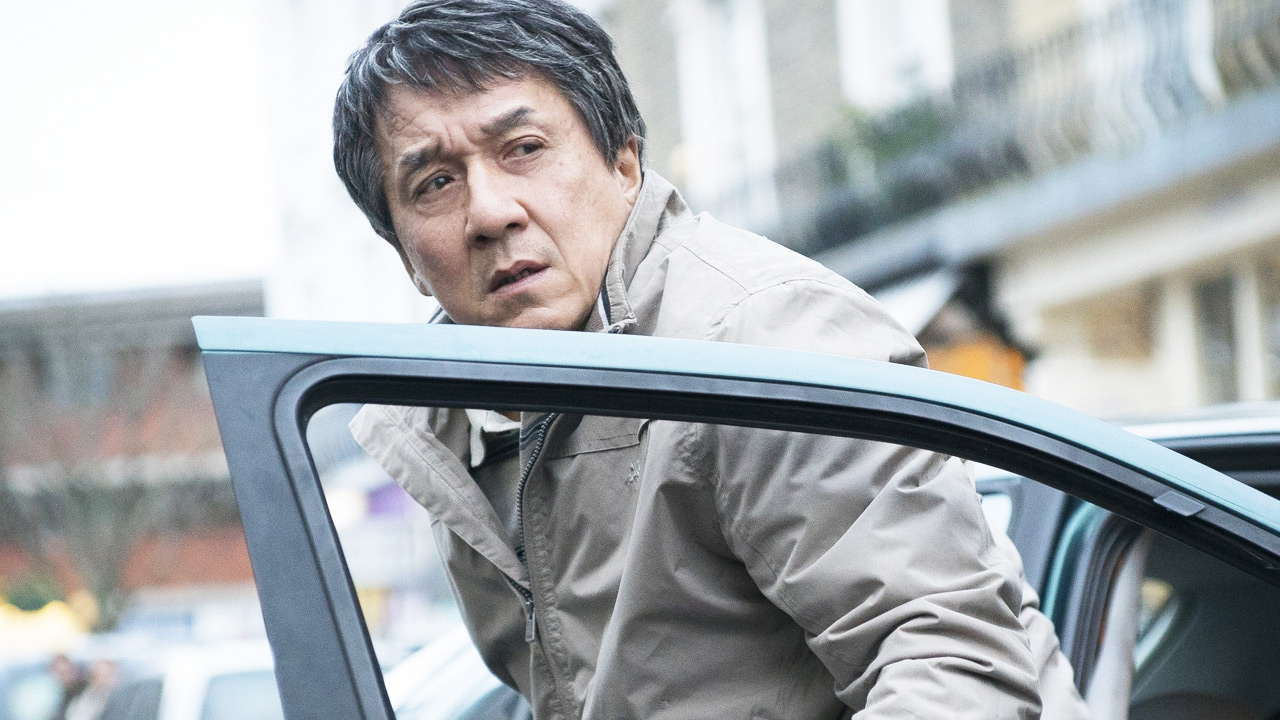
The Foreigner (2017)
Taking Jackie Chan, one of the smiliest film stars ever, and placing him in an extremely dour role as a grieving dad compelled to take revenge against the IRA (and Sinn Fein politician Pierce Brosnan), is a bold move. Thankfully it pays off, due to thoroughly competent direction from NZ’s Martin Campbell (who also helmed Bond classics Goldeneye and Casino Royale).
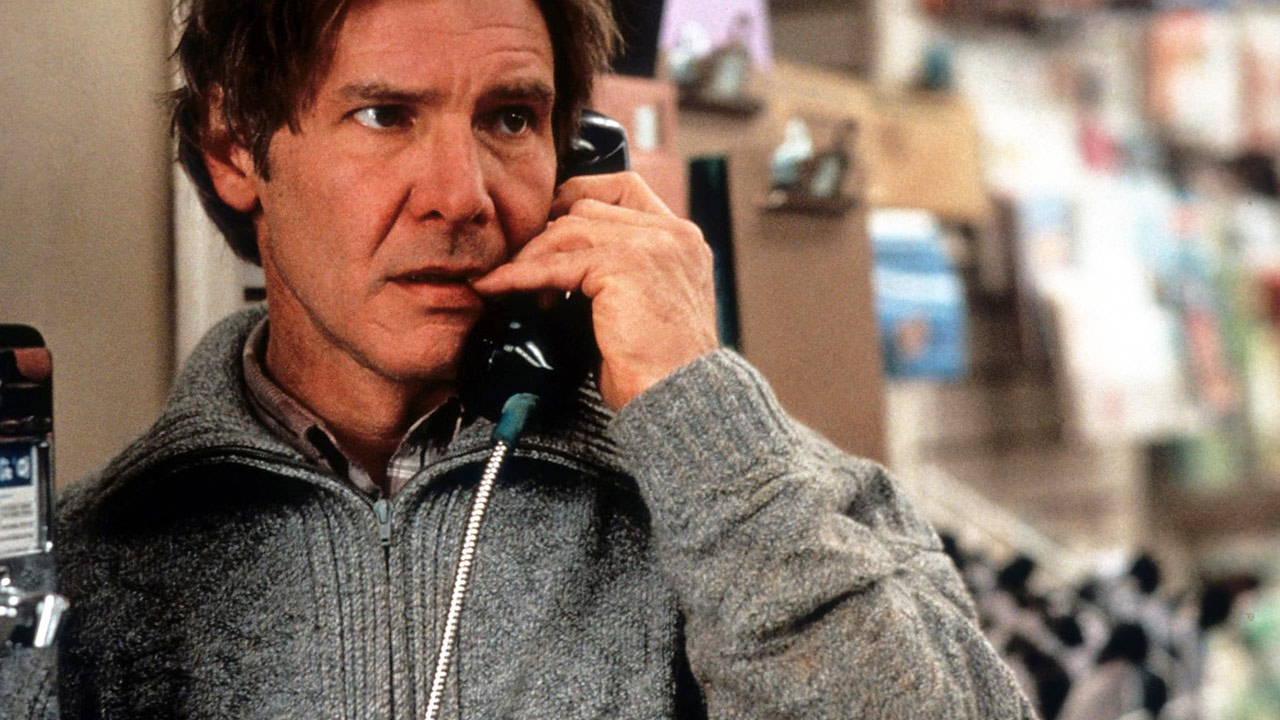
The Fugitive (1993)
One of the most shocking things about this movie is that Harrison Ford is four years older than Tommy Lee Jones. It won Best PIcture at the Oscars, the kind of film it’s hard to imagine doing so now – a slick, sturdy thriller for grown ups that’s always entertaining and emotionally complex without being ponderous. Ford in his prime did desperation better than anyone, but the acting Oscar went to Jones, presumably for his iconic delivery of “I don’t care.”
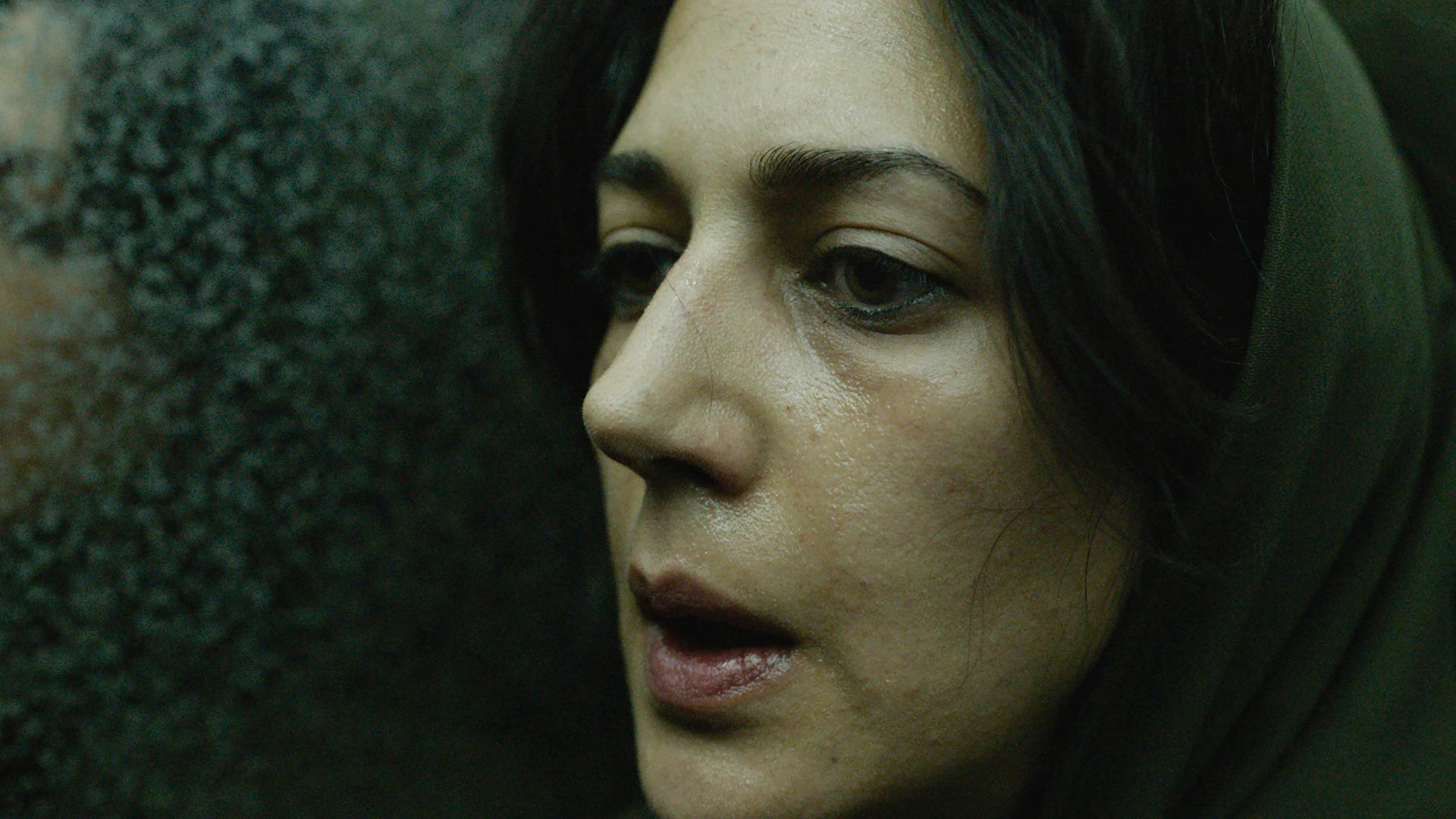
Holy Spider (2022)
If you’re familiar with the work of Ali Abbasi, you’ll know he doesn’t pull punches. This true story of a serial killer at large in Iran circa 2000 is particularly tough stuff. Led by an urgent performance from Zar Amir Ebrahimi, and weaving in a larger political point over its runtime, it’s a hard but ultimately rewarding watch.
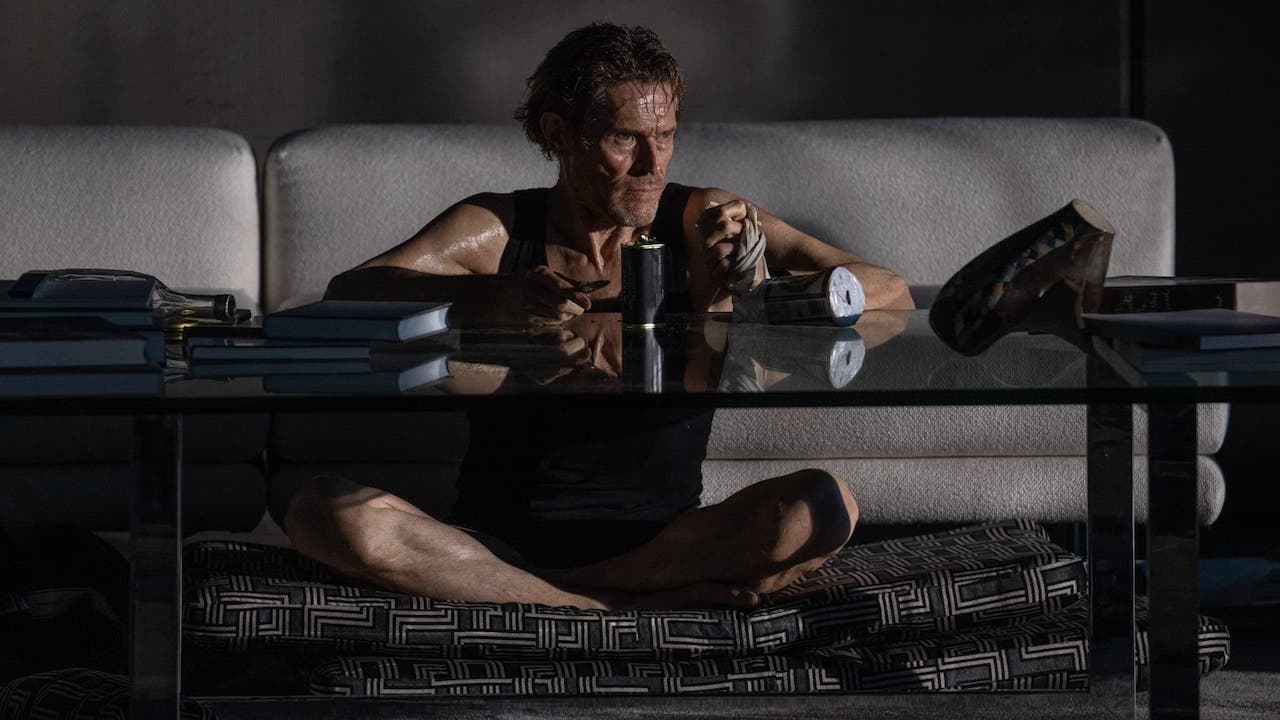
Inside (2023)
Not many actors can carry a movie as its (almost) sole on screen presence, but Willem Dafoe is certainly one of them. Playing an art thief who becomes trapped in a Manhattan penthouse, the veteran star is left to fend for himself as his luxurious surroundings become a brutal prison. Escape attempts, starvation and madness ensue, the results of each playing out over the well-worn canvas of Dafoe’s face.
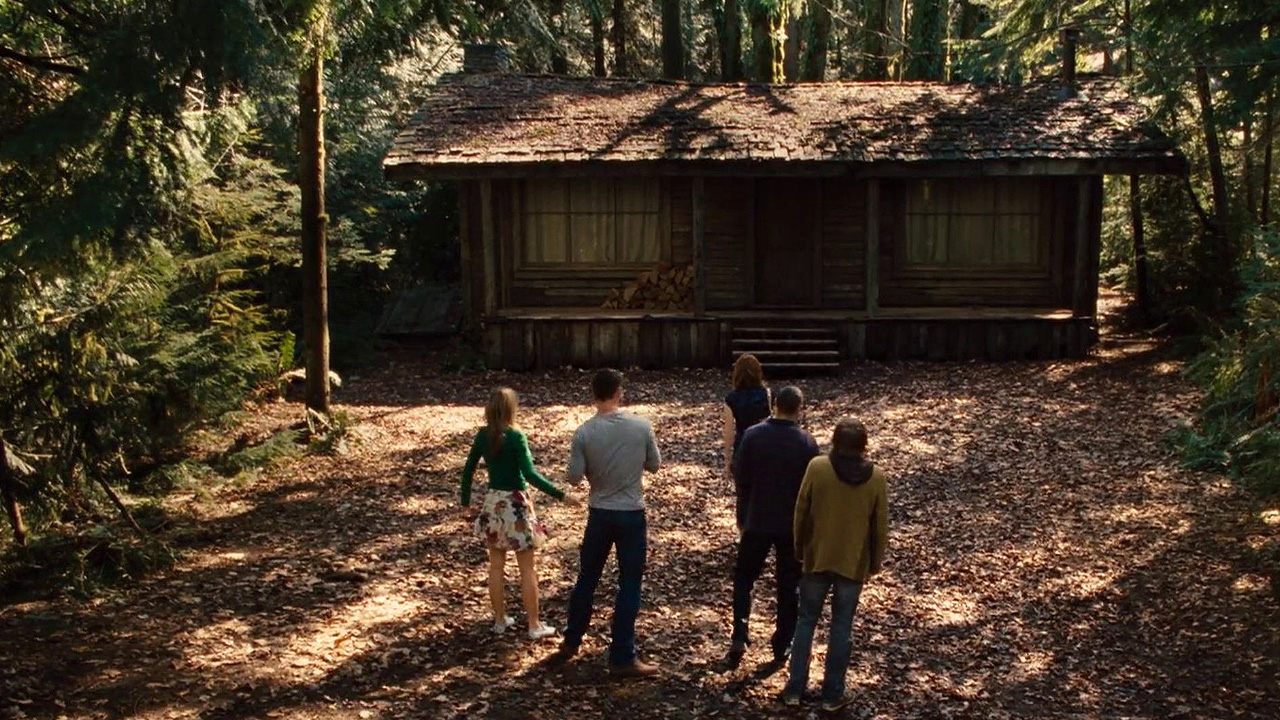
Knock at the Cabin (2023)
If, like me, you’re a fan of M Night Shyamalan’s pivot toward immaculately filmed schlock, then you’ll love this apocalyptic parable, more violent that his usual outings and definitely more nihilistic. As usual there’s totally committed performances—none better than Dave Bautista, playing a soft-spoken creep.
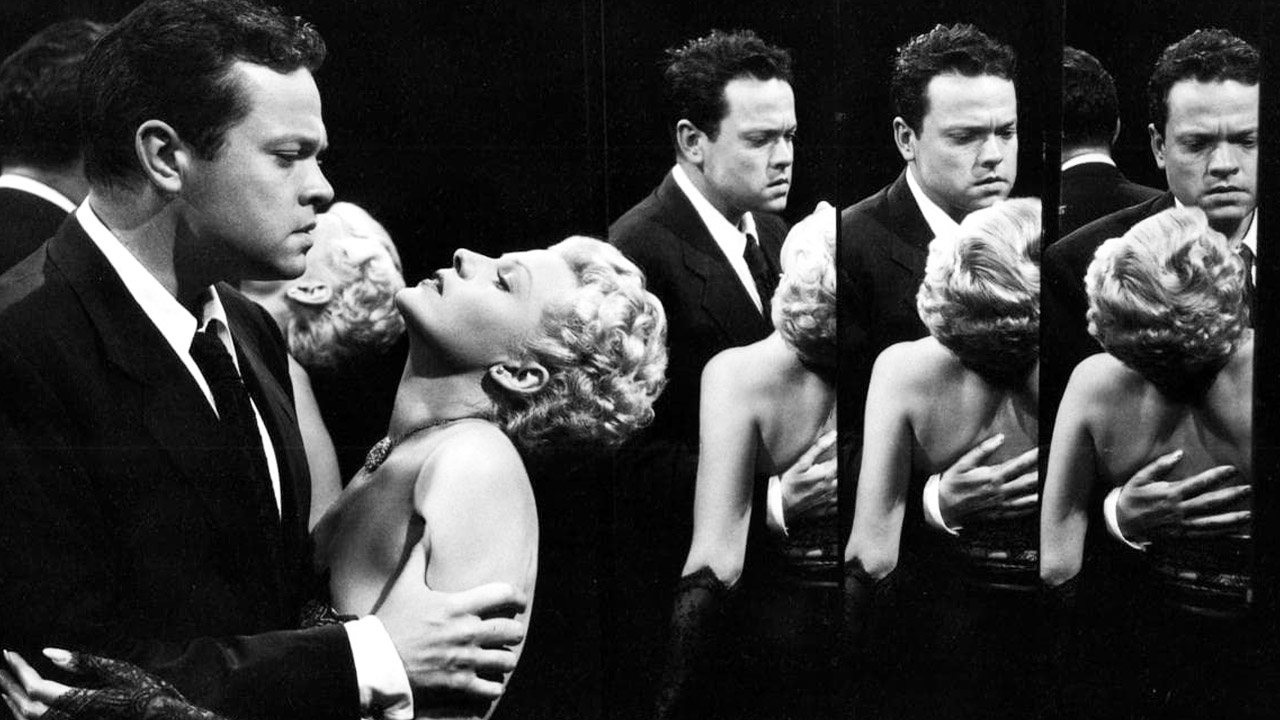
The Lady From Shanghai (1947)
Orson Welles’ 1947 noir was considered a disaster on its release, the director forgoing his credit after disagreeing with post-production choices imposed by the studio. Its reputation has increased markedly over time though: Welles’ innovative camera work still impresses, as does the iconic final scene in a hall of mirrors, and the film’s multiple plot threads cohere into a satisfyingly-resolved mystery thriller.
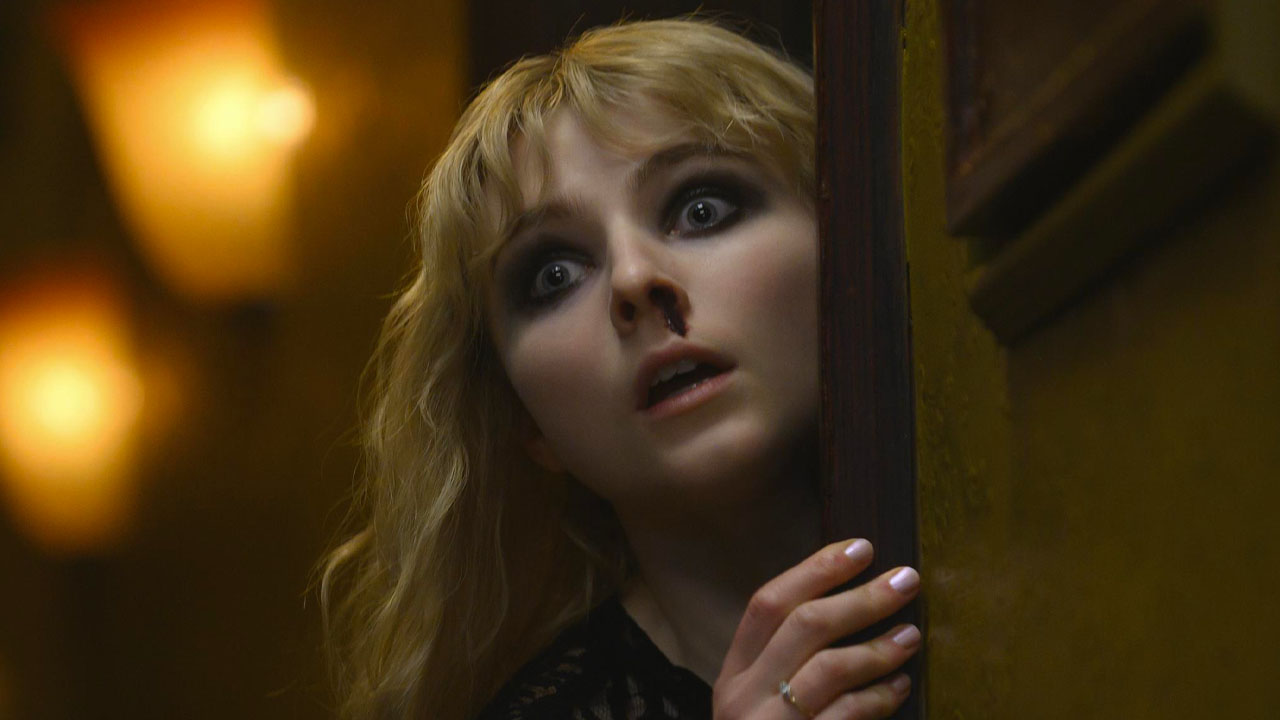
Last Night in Soho (2020)
Eventually blooming into the horror film we’d been promised (the first from Edgar Wright), this maintains a steady psychological simmer for most of its runtime, with Kiwi star Thomasin McKenzie donning her best Cornwall accent to play an ingénue who’s moved to London and starts to dream about the 1960s in a particularly vivid way. Anya Taylor-Joy makes up the other half of the film’s double act, which sees Wright using his visual chops to unsettle and surprise.

Looper (2012)
After helming two crime flicks, a veer into sci-fi felt unlikely for Rian Johnson. But more than just a feature-length audition for his next movie The Last Jedi, Looper is crammed with the director’s noir film touchstones. In fact it’s better to not dwell on the logic behind the twin conceits of time travel and psychic abilities, and just enjoy the way they intertwine and create a thrillingly satisfying outcome.
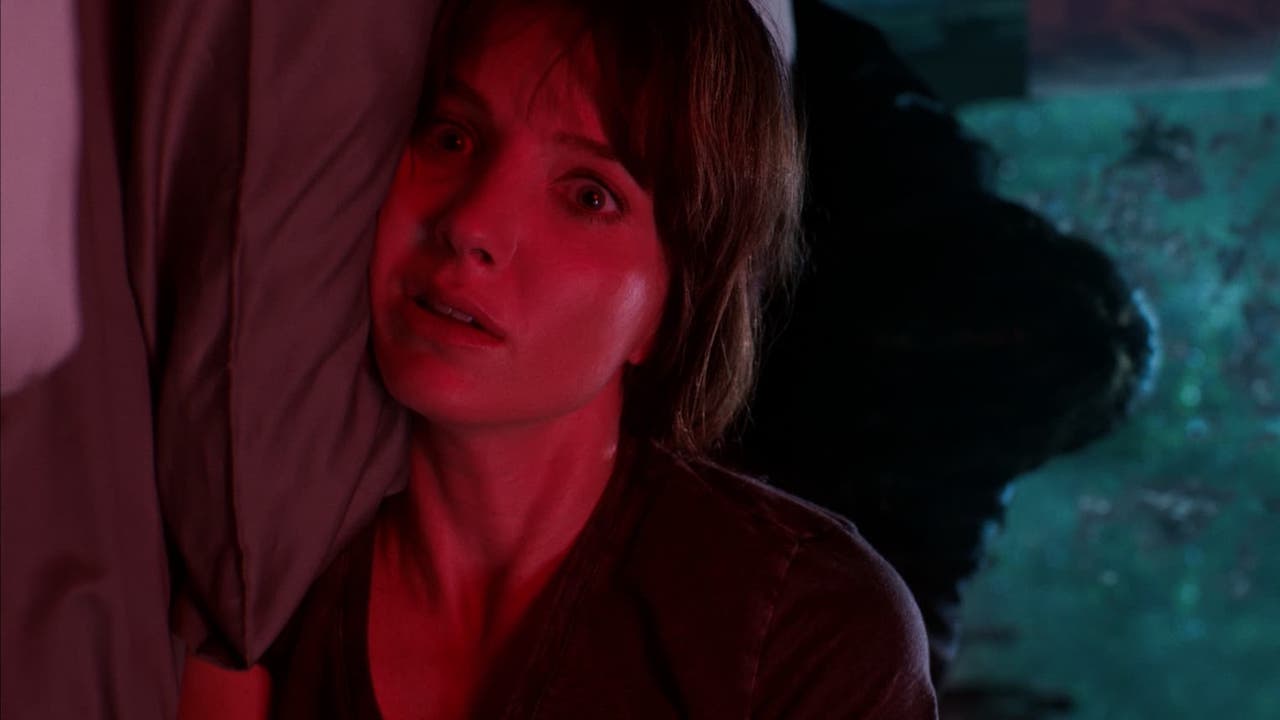
Malignant (2021)
While his The Conjuring and Insidious outings found him in relatively muted form, James Wan seized the opportunity with this one to go totally gonzo, aiming for maximum shlock as well as fun. Bonkers right from its opening moments, with bug-eyed reaction shots and arch delivery to spare, Malignant only gets nuttier as it goes, building to a delirious, frenzied final third. Don’t take it too seriously and you’ll have a blast.
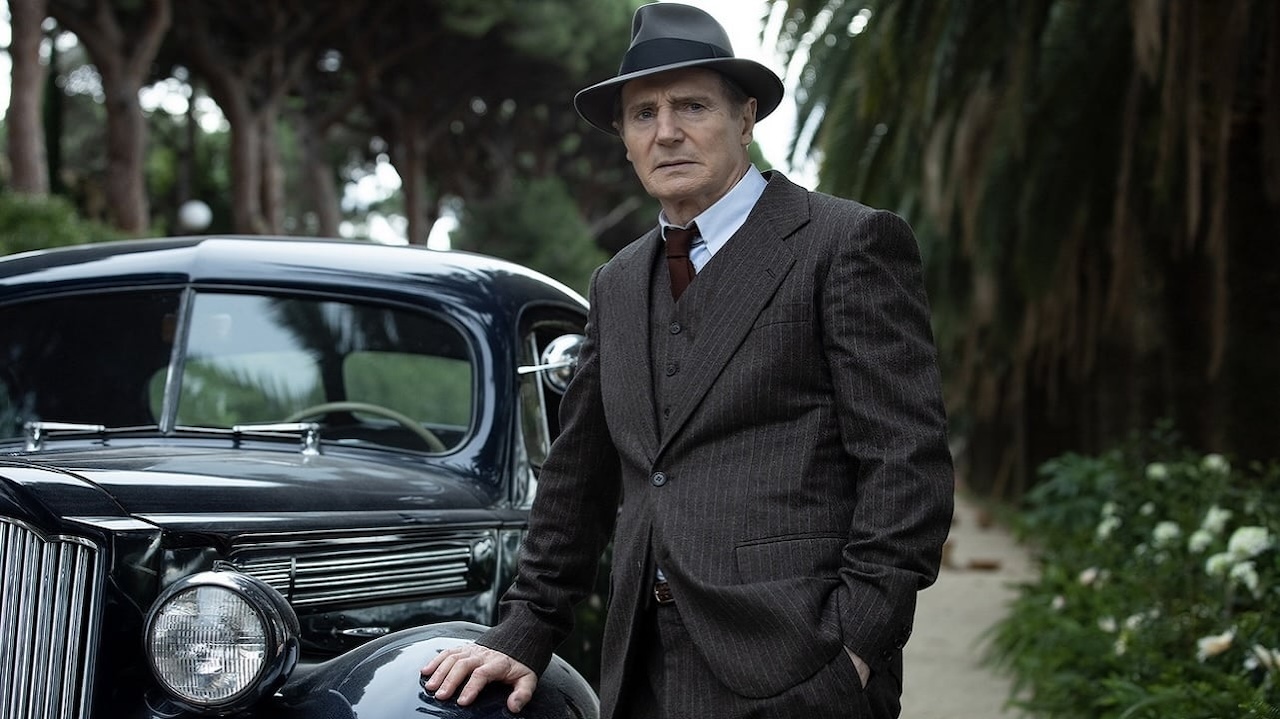
Marlowe (2022)
Perhaps not the masterpiece you’d hope for from acclaimed director Neil Jordan, teaming with Liam Neeson to play Raymond Chandler’s famous creation, private detective Phillip Marlowe, but there are mild thrills to be had, particularly if you’re fond of film-noir machinations. Jordan stacks the deck with a healthy roster of character actors for Neeson to bounce off, from Danny Huston to Colm Meaney, not to mention screen legend Jessica Lange.
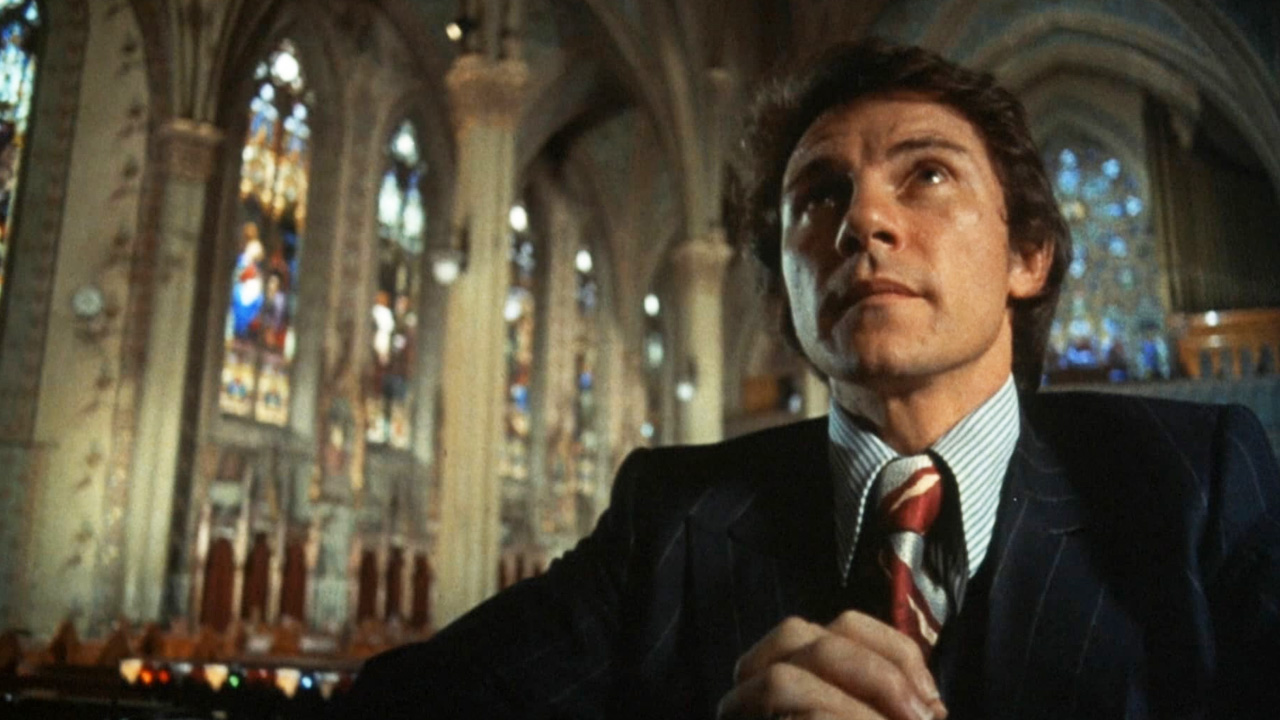
Mean Streets (1973)
Martin Scorsese’s third film is the one where the pieces clicked into place and his cinematic voice was cemented. He enlisted actors Robert De Niro and Harvey Keitel, both of whom had been appearing on screen since the 60s, and gave them lead roles and room to improvise. The results ensured long careers for all three, in a typically tough and tautly-paced ode to a certain type of New Yorker.
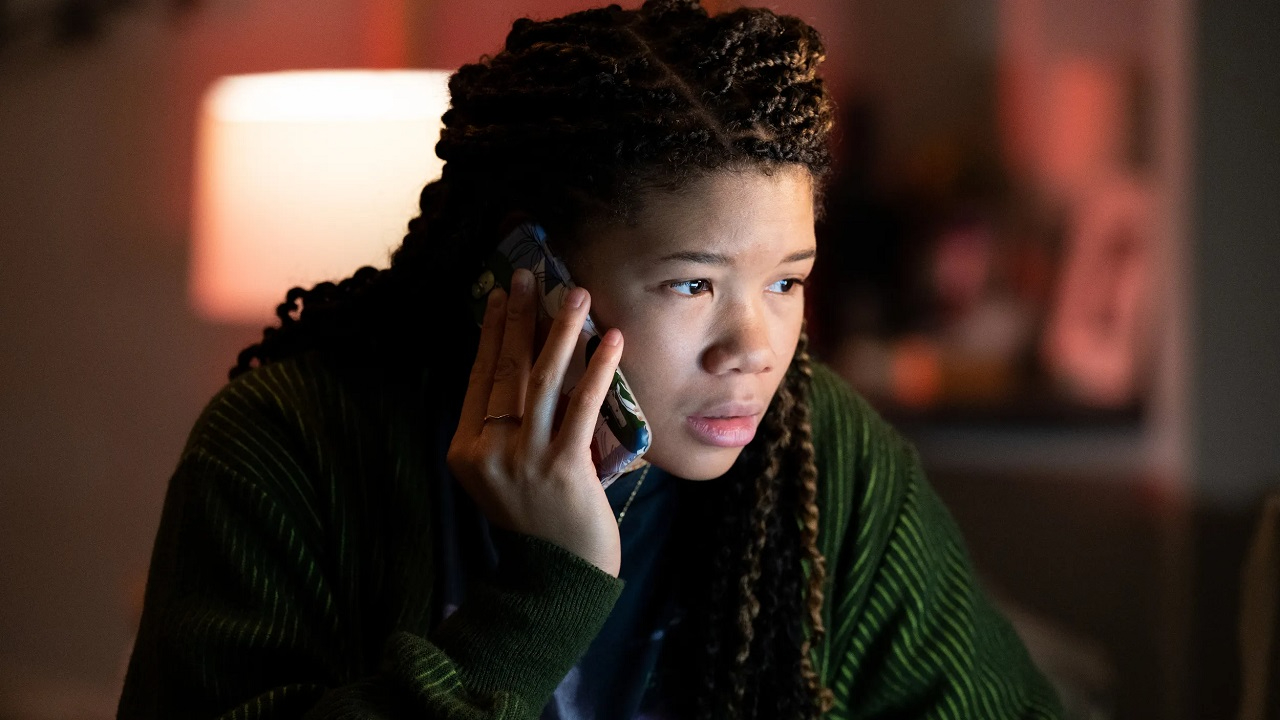
Missing (2023)
A standalone sequel to Searching, the screenlife movie starring John Cho, this takes a similar premise (hunting for clues about a disappearance, presented on computer and phone screens), and ramps it up to absurdly enjoyable levels. This time it’s Storm Reid trying to track down her missing mom, a device-bound journey through multiple countries and government agencies, with a denouement I’ll wager you won’t predict.
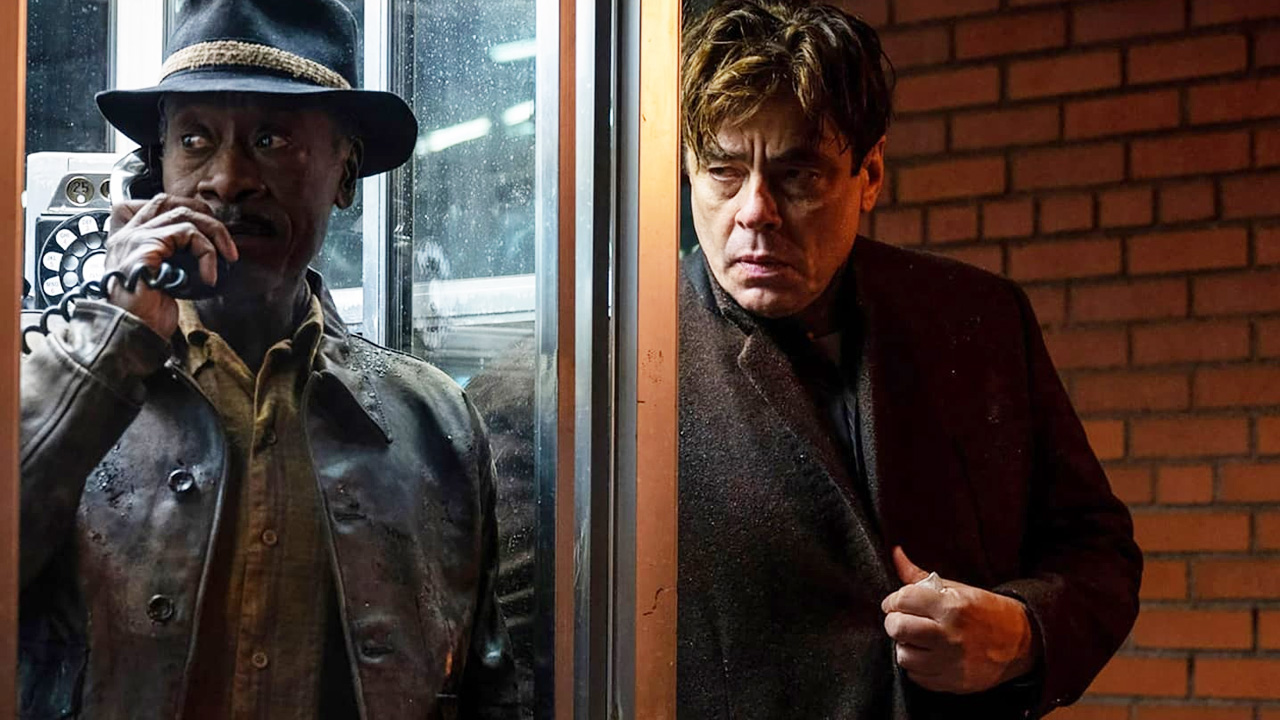
No Sudden Move (2021)
Two fantastic leads in Don Cheadle and Benicio del Toro, a stacked supporting cast including Jon Hamm, Kieran Culkin and some ahead-of-the-curve love for Brendan Fraser, as well as a surprisingly topical script from Ed Solomon (Bill & Ted), make this eminently worth your time—as if watching Steven Soderbergh deliver another entertainingly unexpected, two-fisted caper in under two hours wasn’t enough bang for your buck.
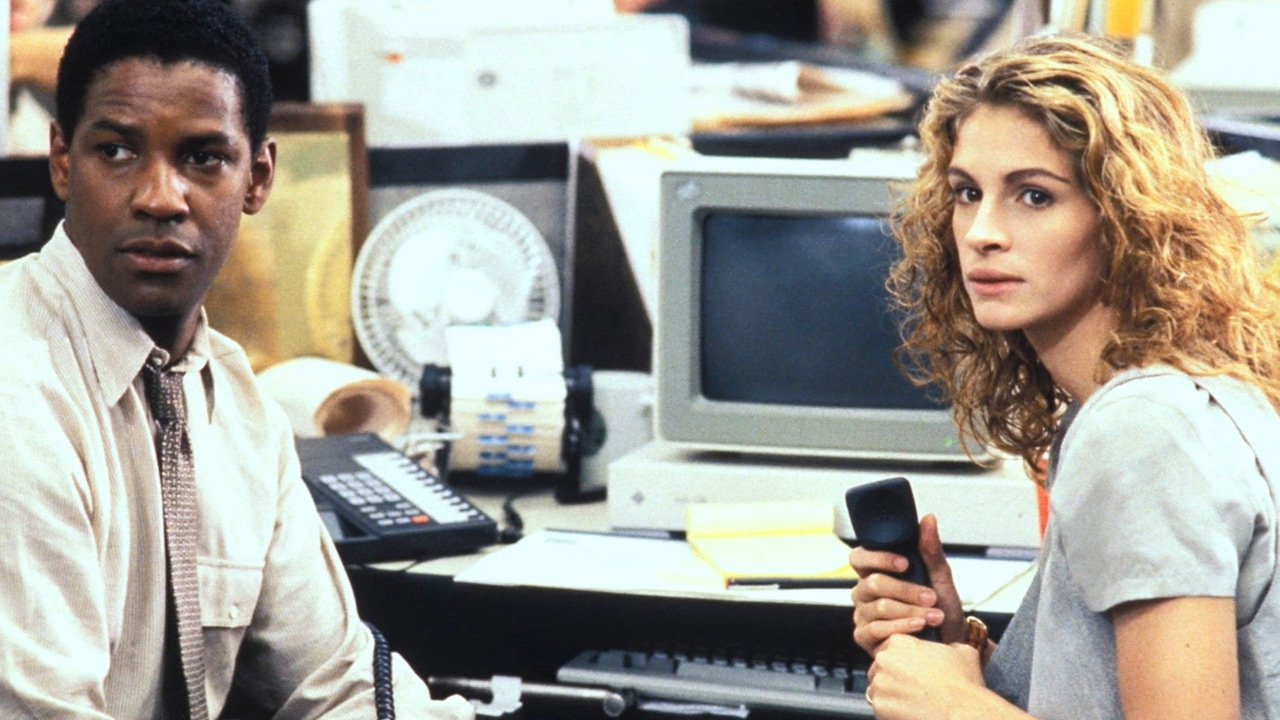
The Pelican Brief (1993)
Alan J Pakula made three titans of 70s paranoia: Klute, The Parallax View and All the President’s Men. Here he’s working from a book by genre great John Grisham. Add Julia Roberts and Denzel Washington in the leads and you have a high pedigree of talent on both sides of the camera. Released in 1993, it’s the kind of film they really don’t make anymore, one in which “this goes all the way to the top!”
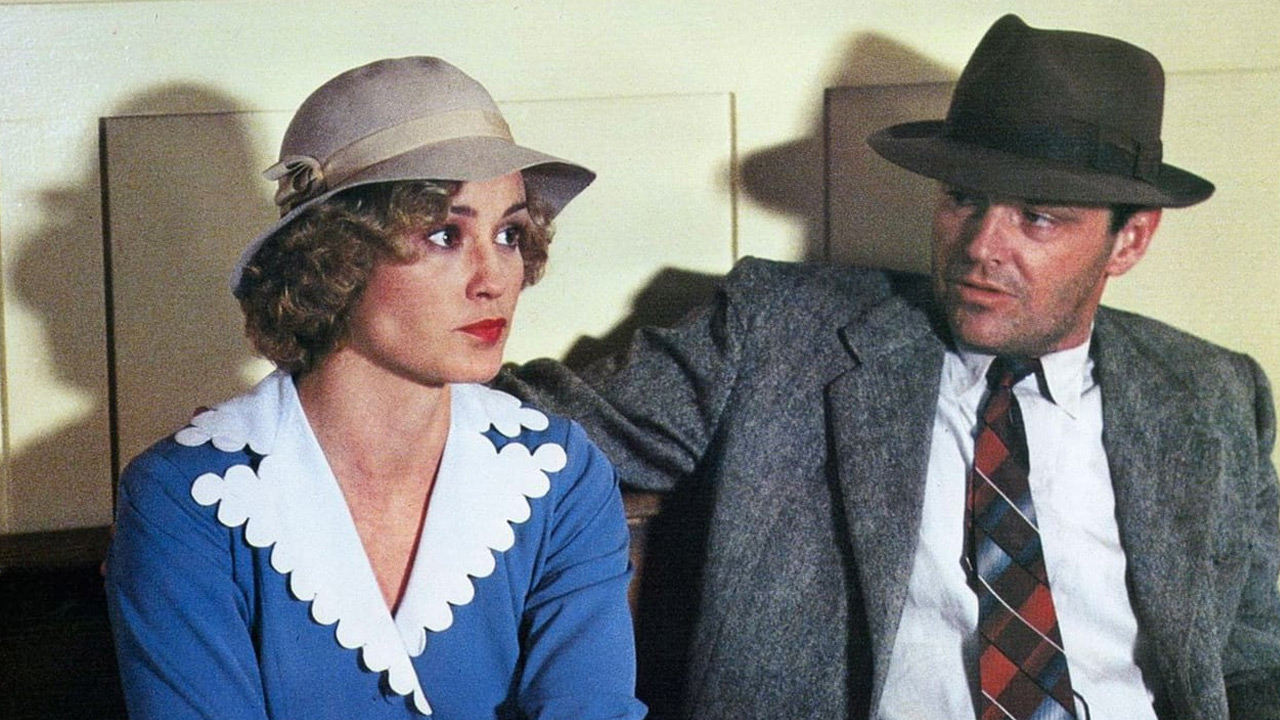
The Postman Always Rings Twice (1981)
Director Bob Rafelson re-teamed with Jack Nicholson (having previously directed him in Head, Five Easy Pieces and The King of Marvin Gardens) for this neo-noir in which Jack is drawn into a plot to kill Jessica Lange’s husband. Based on a 1934, it was updated by playwright David Mamet in his first screenplay, with all the wit and grit you might expect.
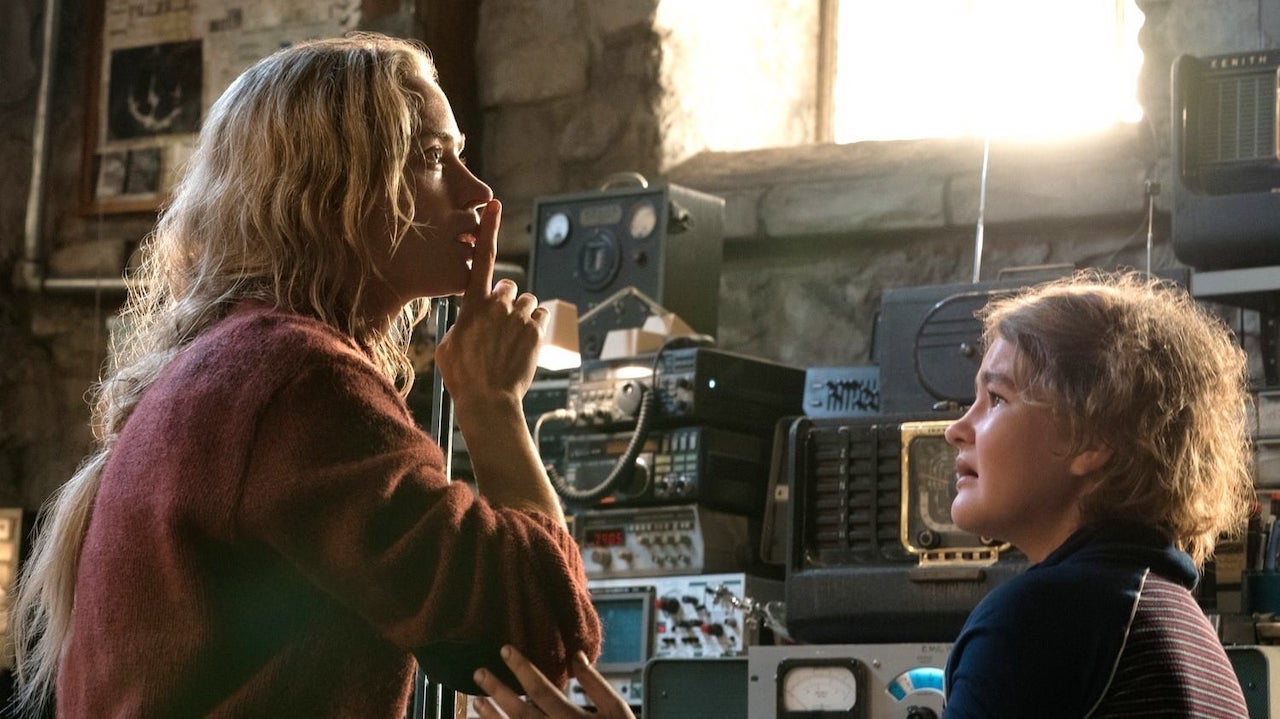
A Quiet Place (2018)
It felt unexpected that John Krasinski, best-known for starring in the US version of The Office, would turn out to be an effective horror helmer. And perhaps not a shock that, in interviews following this film’s release, he admitted he wasn’t a fan of the genre and had to catch up. The results speak for themselves, an escalation of tense set pieces pitting nasty aliens against humans desperately trying to keep things hushed.

Reality (2023)
Based on the FBI transcript of Reality Winner’s interrogation at her home, this increasingly intense film provides a fascinating insight into the way these things play out. It has a surreal kind of tension, due to the real-life dialogue feeling weirdly clunky in a movie, and its three leads’ inability to say what they’re actually thinking.
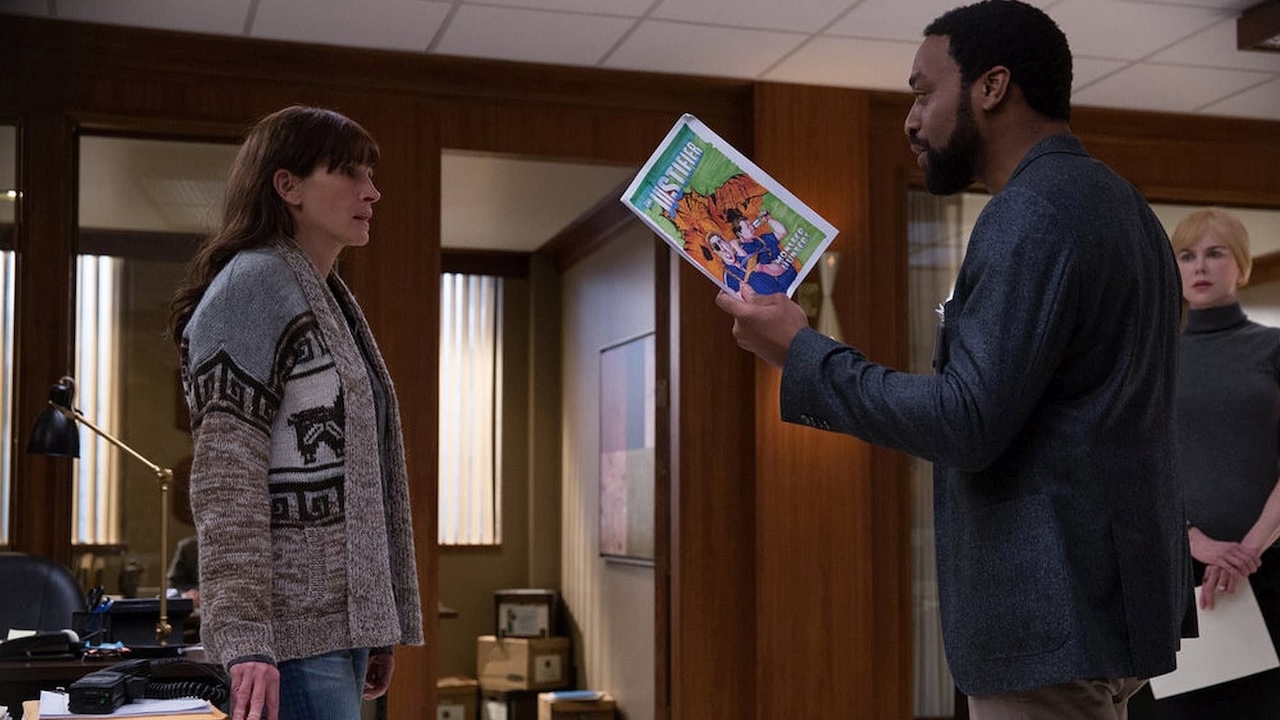
Secret in Their Eyes (2015)
A remake of the Argentinian original, this twisty 2015 thriller boasts a heavyweight cast, lead by Julia Roberts, Nicole Kidman, and Chiwetel Ejiofor, playing a trio of law enforcement officials investigating the murder of Roberts’ daughter. A suspect is related to an ongoing terrorism probe, complicating an already personal case, and providing plenty of heavy material for the trio of great actors.
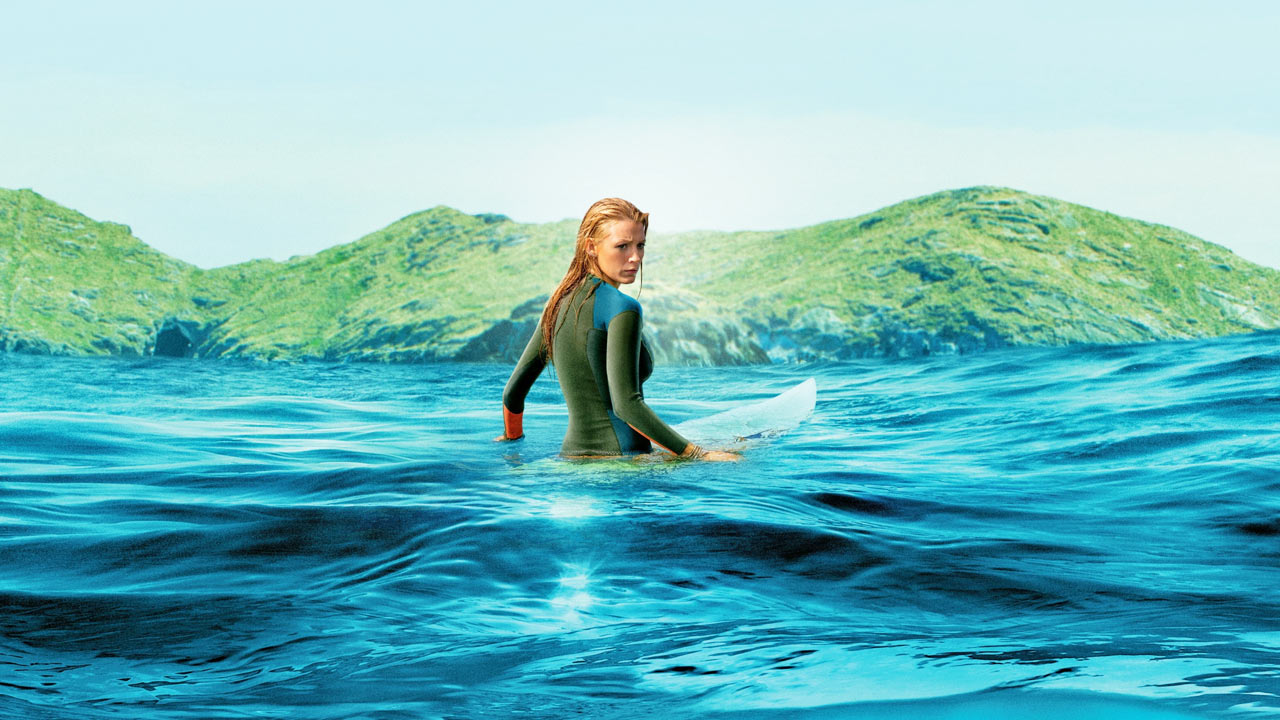
The Shallows (2016)
“Blake Lively avoids shark” might not sound like a thrilling pitch for a movie, but director Jaume Collet-Sera earned his reputation as a “vulgar auteur” for good reason. Starting with Orphan he’s proved he can spin trash into expertly-constructed, thoroughly entertaining movies. This is no different, featuring gorgeous location photography, a heroine it’s easy to root for, and several genuinely edge-of-the-seat sequences.
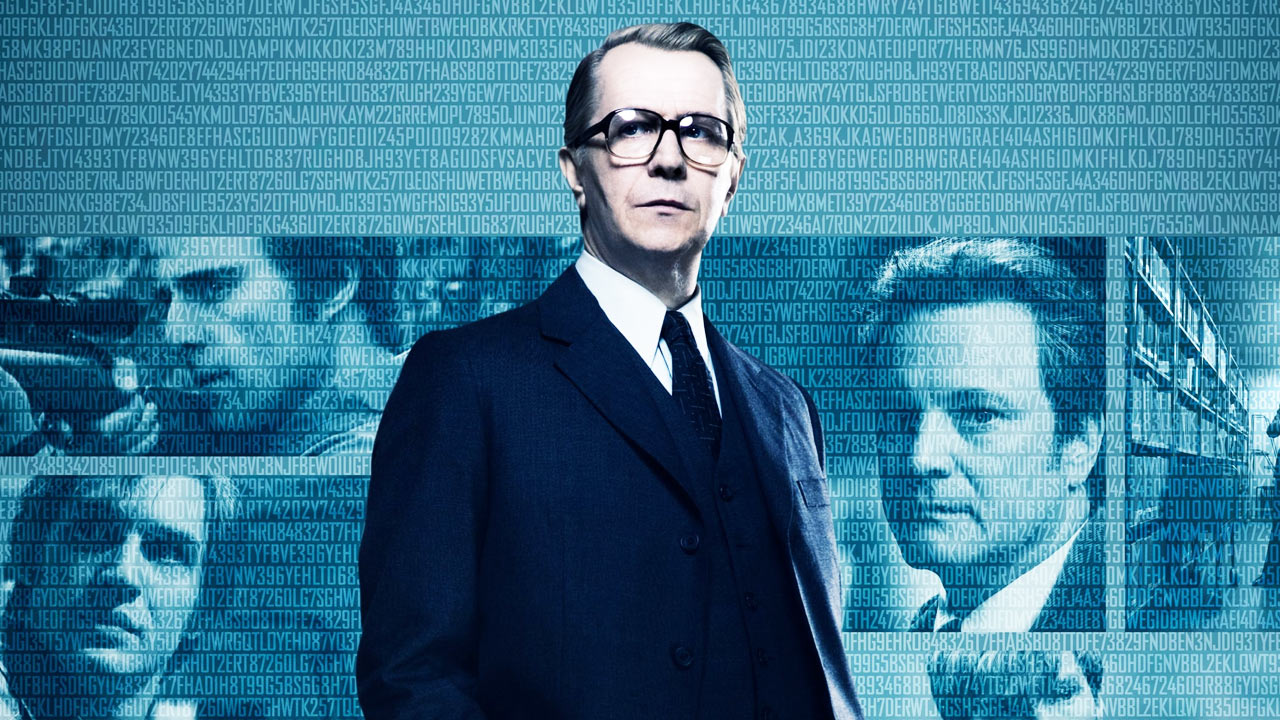
Tinker Tailor Soldier Spy (2011)
Spy work as bureaucratic slog, impeccably mounted and acted by a heavy weight cast of British thespians, with Swedish director Tomas Alfredson applying the same frosty approach as he did to the vampire tale Let the Right One In. This film demands your full attention, playing out in whispers even once Gary Oldman’s George Smiley has figured out who exactly is up to what, and at what cost.
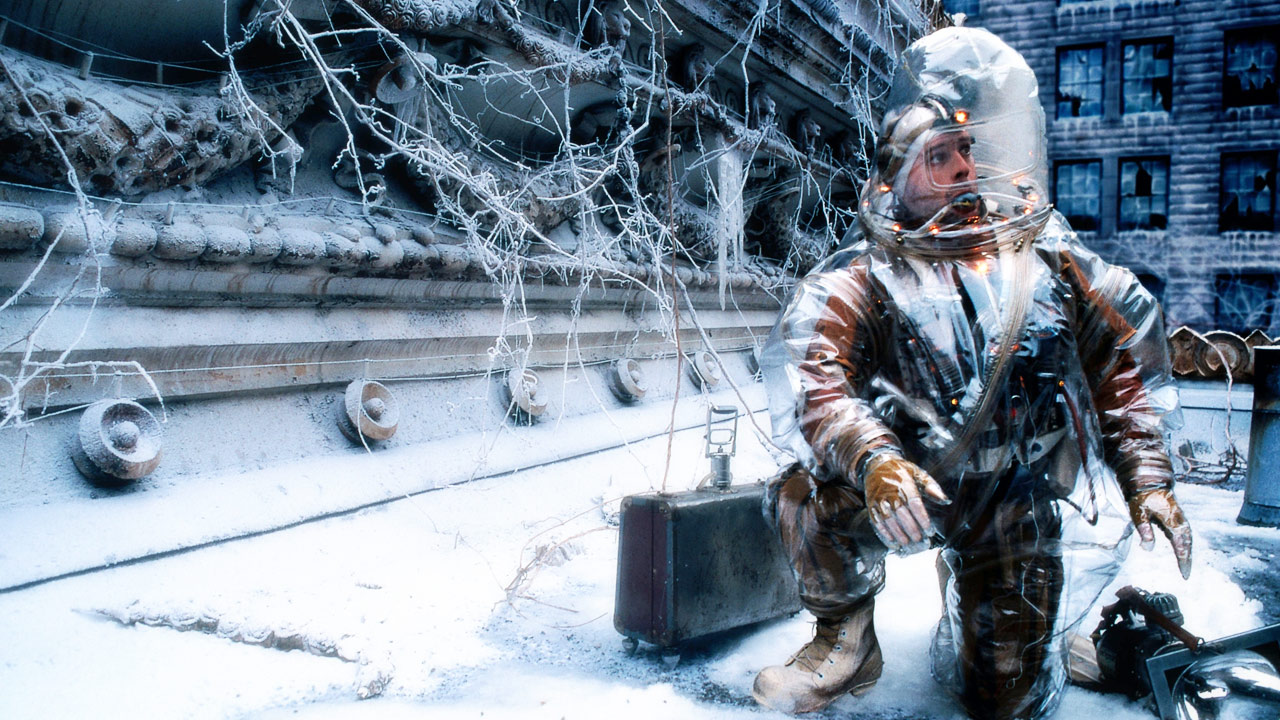
Twelve Monkeys (1995)
A never-better Bruce Willis faces down his greatest enemy, the inexorable march of time, in Terry Gilliam’s twisty and thoroughly soulful time travel caper. Madeleine Stowe and a young, never-twitchier Brad Pitt provide support, but the real star is Gilliam’s usual juggling of chaos and narrative. His big ideas drive an exciting, propulsive story rather than envelope it with quirks.
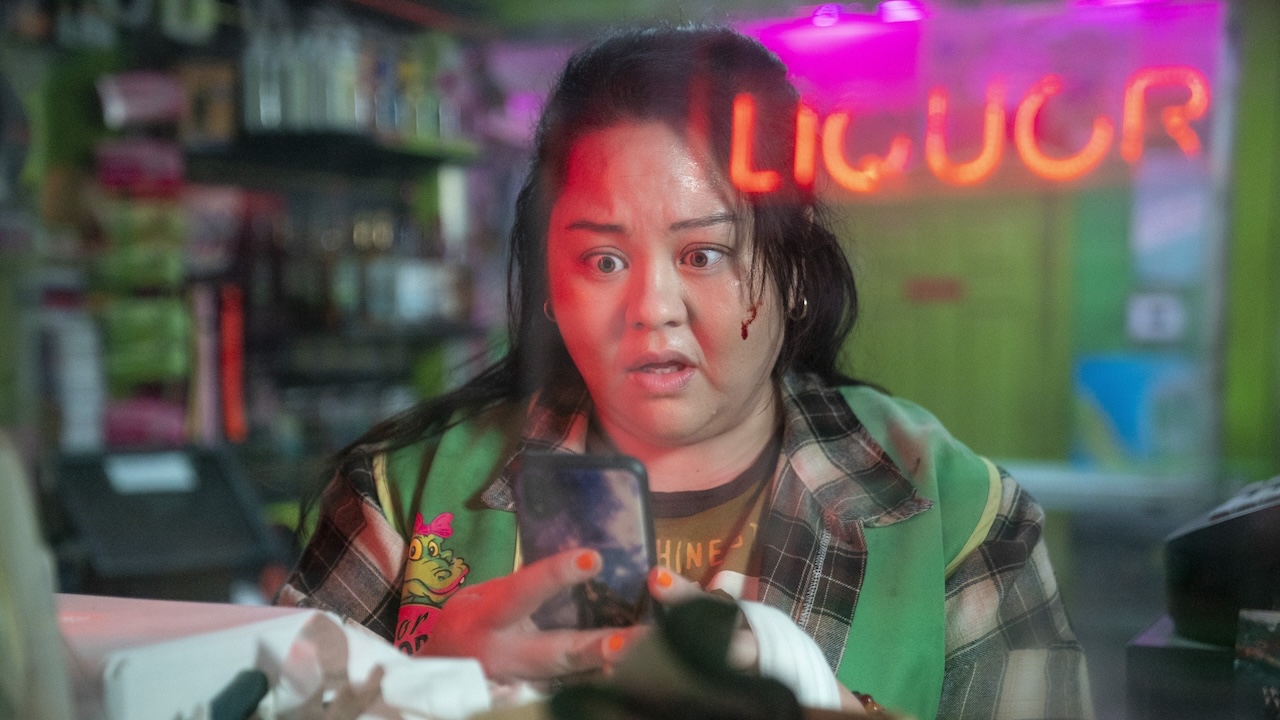
Unseen (2023)
Emily is stalked by her ex-boyfriend in the woods, and after breaking her glasses, needs help to escape her pursuer. That comes in the form of gas station clerk Sam, who functions as Emily’s eyes, both beset by problems while trying to navigate to safety. It’s an original premise with two sympathetic leads, and enough suspense to satisfy thrillhounds over a scant 76 minutes.
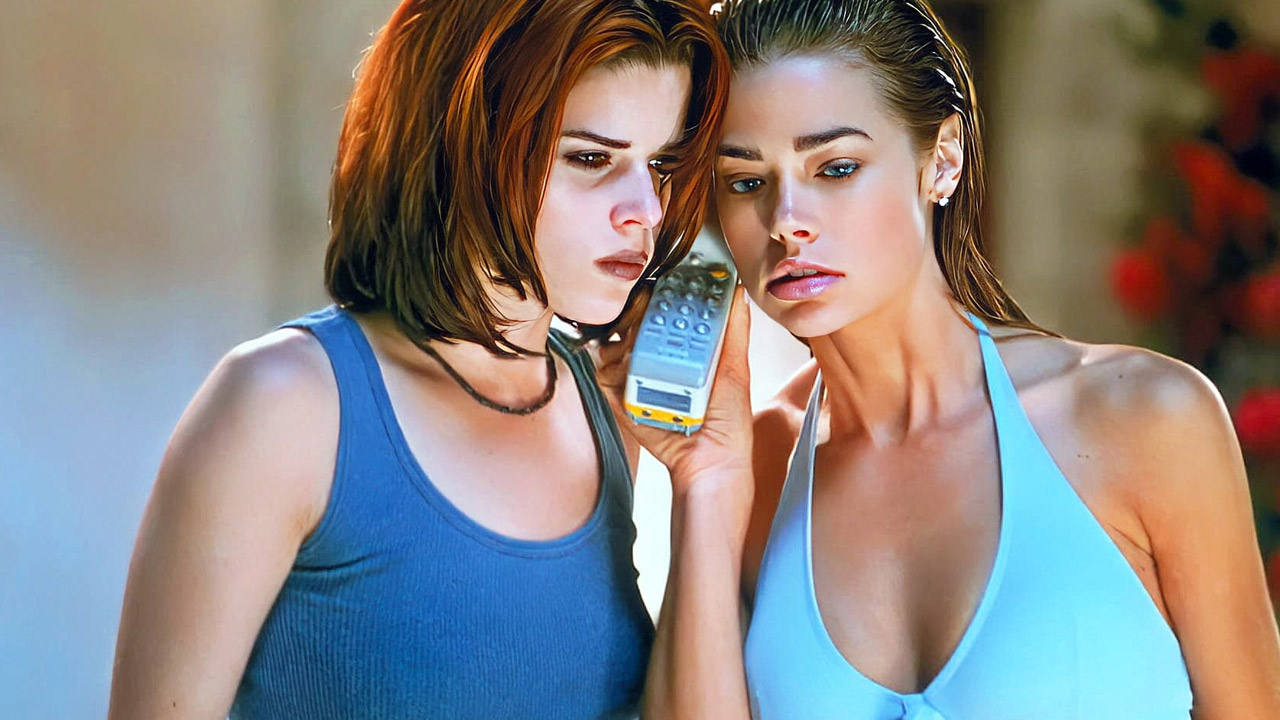
Wild Things (1998)
In 1998 the director of Henry: Portrait of a Serial Killer took a stab at the erotic thriller genre, assembling the unlikely cast of Neve Campbell, Matt Dillon, Denise Richards, Kevin Bacon, and Bill Murray, and produced something remarkably self-aware, and thoroughly entertaining. Deliciously convoluted, delightfully sordid, with enough twists to make Shyamalan blush, it’s the finest type of elevated trash.
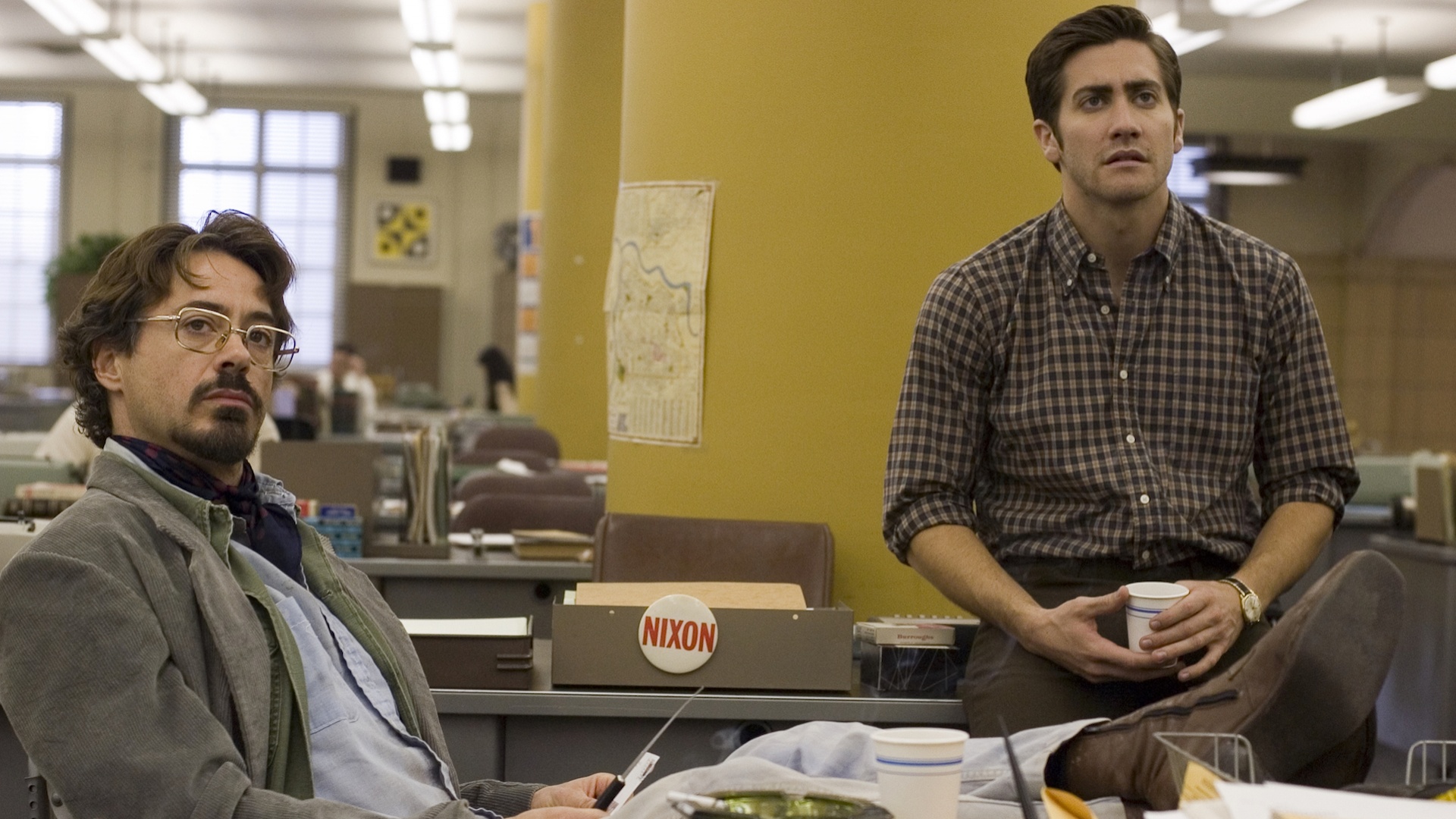
Zodiac (2007)
Much has been said about the way David Fincher’s 2007 film about the obsessive hunt for a serial killer reflects his own impulses. By all accounts his fidelity to the actual events portrayed was relentlessly accurate, making it feel oddly personal. He also deploys his skill at suspenseful setpieces over and over throughout, as https://www.flicks.co.nz/reviews/archive-of-capsule-reviews-for-thrillers-previously-oprotagonists and the filmmaker himself become ever more paranoid.





















